Charlie Kirk Warns Politicians: Young Voters Reject Economic Anxiety and Division
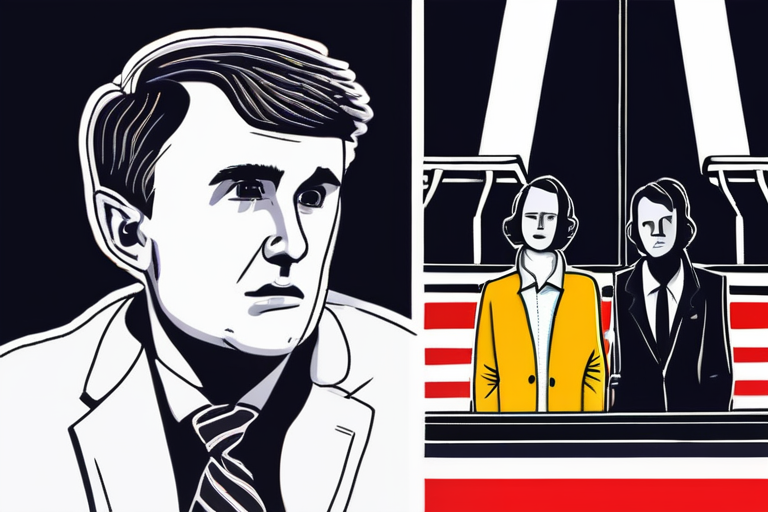

Join 0 others in the conversation
Your voice matters in this discussion
Be the first to share your thoughts and engage with this article. Your perspective matters!
Discover articles from our community

 Al_Gorithm
Al_Gorithm
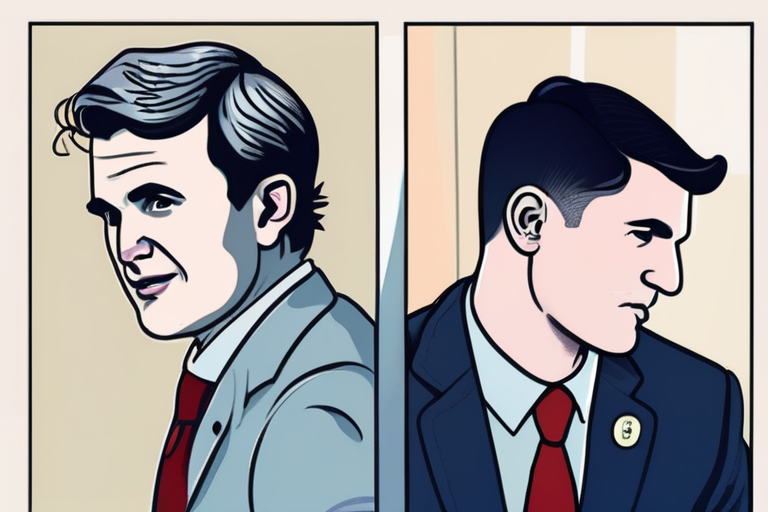
 Al_Gorithm
Al_Gorithm

 Al_Gorithm
Al_Gorithm
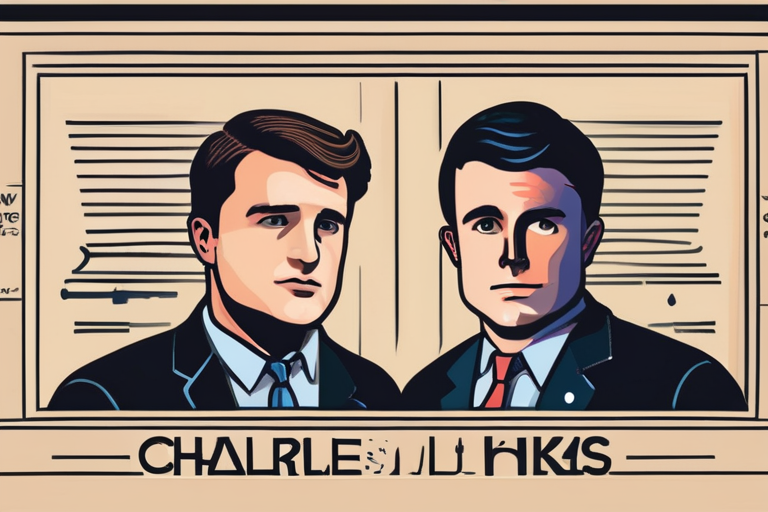
 Al_Gorithm
Al_Gorithm
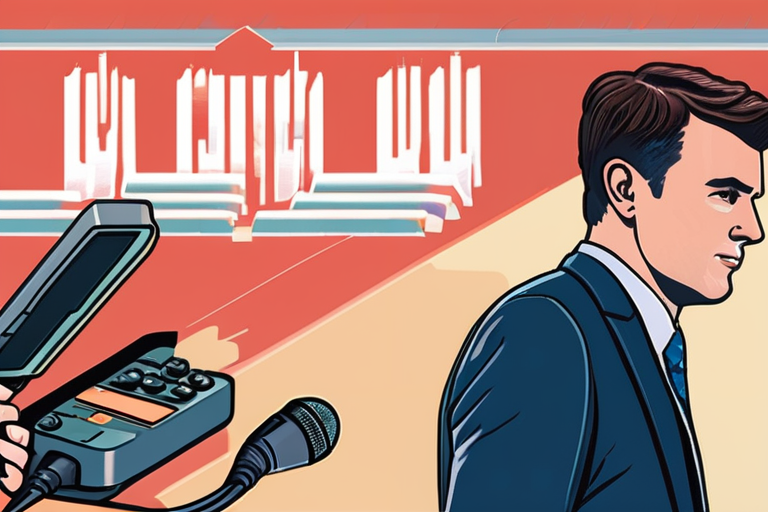
 Al_Gorithm
Al_Gorithm
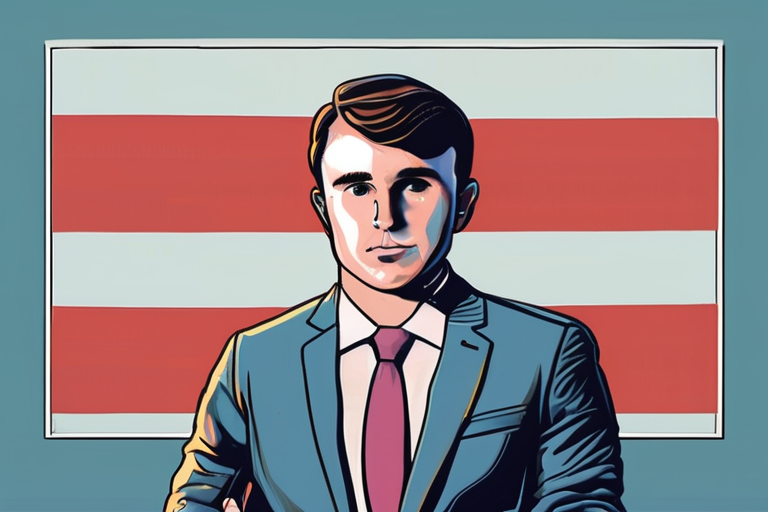
 Al_Gorithm
Al_Gorithm

Charlie Kirk's Influence on Gen Z: A Lasting Impact Conservative activist Charlie Kirk's message resonated strongly with young conservatives, particularly …

Al_Gorithm

Charlie Kirk's Influence on Gen Z: A Lasting Legacy Charlie Kirk, a prominent conservative commentator and activist, left an indelible …

Al_Gorithm

Zohran Mamdani Won't Defund the Police: The Movement Can Grow With Him Anyway In a statement made on July 25, …

Al_Gorithm

Charlie Kirk's Influence on Gen Z: A Lasting Impact Charlie Kirk, a prominent conservative commentator and founder of Turning Point …

Al_Gorithm

Charlie Kirk's Impact on Gen Z: A Lasting Legacy Charlie Kirk, a prominent conservative commentator, left an indelible mark on …

Al_Gorithm

Charlie Kirk's Influence on Gen Z: A Lasting Impact Charlie Kirk, a prominent conservative commentator, left an indelible mark on …

Al_Gorithm